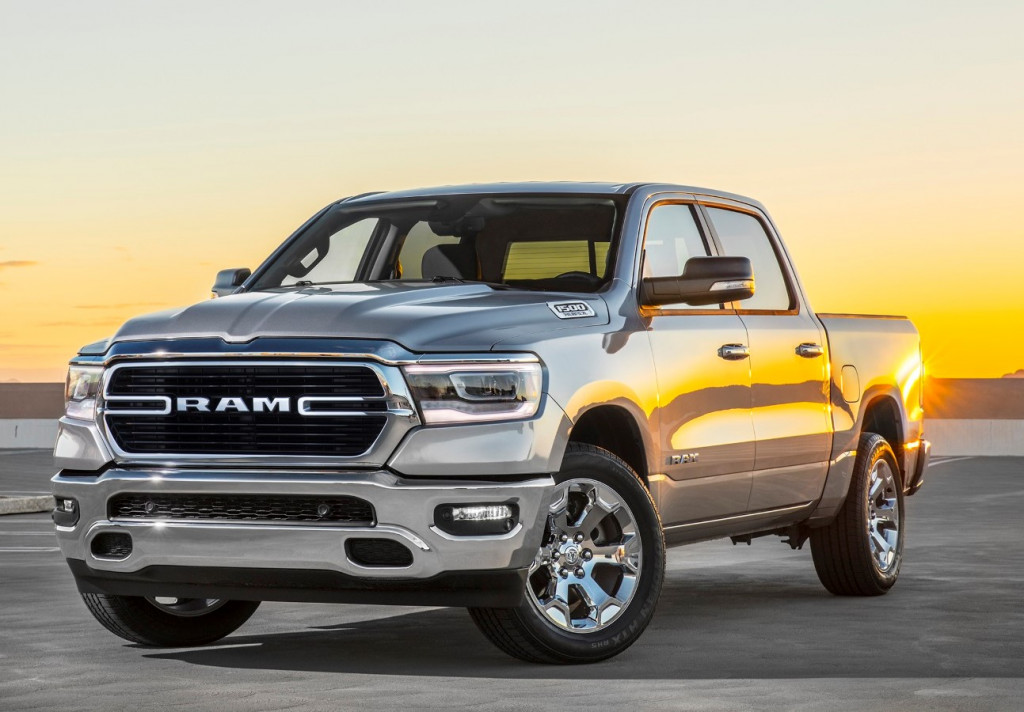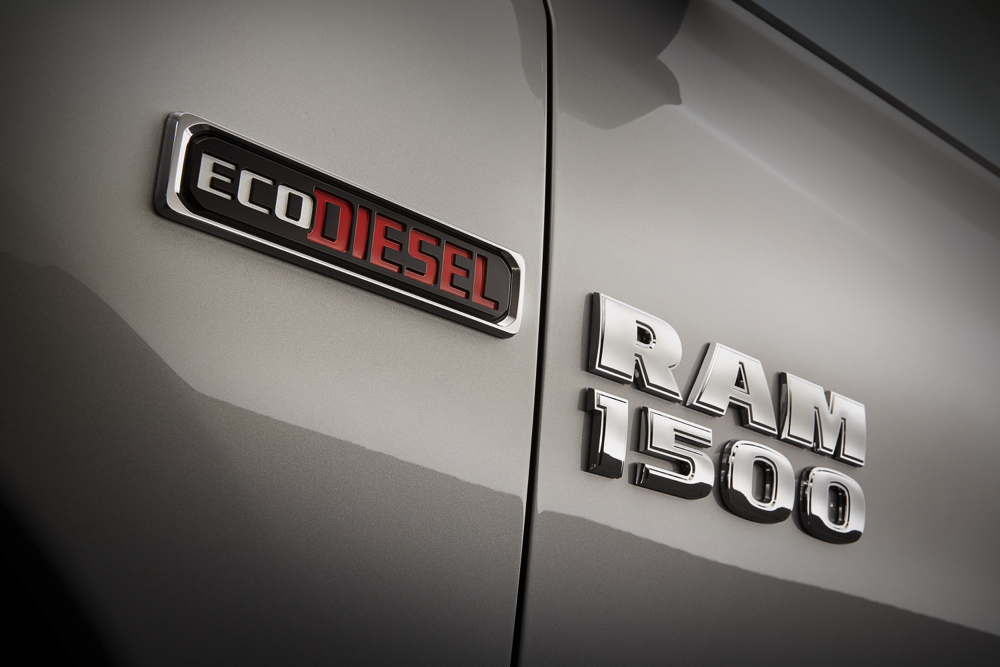In response to automaker lobbying, the EPA plans to start the process of rolling back emission standards passed under the Obama Administration.
Automakers claimed the associated fuel-economy rules were unrealistic given that consumers are flocking to crossover utilities and pickup trucks as gas prices remain low.
A new report by the American Council for an Energy Efficient Economy, however, contradicts that argument: "The current truck boom does not make the standards any more difficult to meet."
DON'T MISS: 8 things you should know about EPA plan to let cars emit more
The corporate average fuel economy standards—known by their acronym, CAFE—were rewritten under President Obama both to set higher fuel-economy targets and to allow for changes in the "fleet" of cars American buyers put in their driveways.
The original CAFE standards, passed in 1975, separated cars from trucks. Automakers had to hit the same average fuel economy target, divided by every vehicle they sold.
The standards starting in 2012, however, divide cars and trucks into different sizes, known as "footprints" (the area bounded by the four wheels)—and it set lower targets for larger vehicles.
![EPA administrator Scott Pruitt [photo from 2014] EPA administrator Scott Pruitt [photo from 2014]](https://images.hgmsites.net/lrg/oklahoma-attorney-general-scott-pruitt-2014_100584650_l.jpg)
EPA administrator Scott Pruitt [photo from 2014]
As automakers sell more trucks (or more larger cars), the fuel economy they must deliver drops.
Cars and trucks are still separated, but trucks have to meet lower standards than cars, and don't have to do it as soon. When the regulations were developed in 2012, automakers received extra time to develop fuel-saving technologies for trucks.
A few of those technologies have already hit the market, such as the all-aluminum body and bed on the Ford F-150, as well as its 2.7-liter, twin-turbocharged EcoBoost V-6, a small engine by truck standards.
READ THIS: For pickup trucks, more than half all fuel savings come in 2022-2025 CAFE rules
At the Detroit Auto Show in January, General Motors and Ford each introduced all new versions of their top-selling full-size half-ton pickups.
The new Ram truck from Chrysler will offer a fuel-saving mild-hybrid start-stop system.
The new Chevrolet Silverado and GMC Sierra will use offer a new straight-6 turbodiesel engine, along with a 10-speed automatic transmission and an optional composite pickup bed.

2019 Ram 1500 Limited
Ford also plans to bring back its smaller Ranger pickup, which will offer a turbocharged EcoBoost 4-cylinder engine plus an optional turbo-4.
Diesel poses a particular challenge for automakers following the Volkswagen diesel emissions scandal.
Car companies and their component suppliers had counted on diesels to provide the fuel efficiency required under CAFE for pickups and large and medium-sized SUVs while retaining the torque that consumers expect in vehicles occasionally expected do heavy work.
Several engines developed for these tasks, especially from European suppliers, were shown not to meet emissions standards and have been pulled from the market
Chrysler didn't build any Ram EcoDiesel pickup trucks for 2018 after having to pull 2017s off the market for a federal investigation. The 2017s are back on the market, and a new turbodiesel is coming in the updated Ram sometime next year.

2015 Ram 1500 EcoDiesel HFE
Those challenges may have set automakers back on their path to making big pickups comply with the CAFE rules.
If that meant they needed more time to meet the truck standards, however, the EPA Administrator Scott Priutt's announcement that the emission standards were too tough and "unnecessary" may prove to be a two-edged sword.
The auto industry reflexively always opposes any and all efforts by any entity to regulate its products and services for any reason; remember that it fought hard against including seat belts in cars.
CHECK OUT: Automaker push to delay, modify, or kill CAFE is nothing new
The New York Times suggested automakers now worry Pruitt will go overboard and freeze, roll back, or even dispense altogether with the "unnecessary" emission rules—giving them a black eye when the public largely supports stronger environmental standards.
As Ford and others have shown, diesel isn't the only technology that can make pickups more efficient—especially under rules designed to accommodate a changing mix of vehicles with different footprints.
Which means utility vehicles and pickup trucks.












